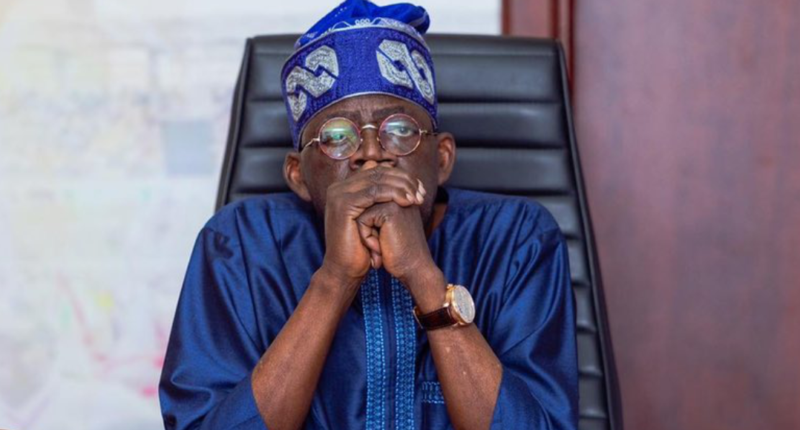Nigeria is bracing for one of the toughest presidential elections in its recent history as, since the country returned to democratic rule in 1999, it has contested the presidency between two major political parties. For the 2023 presidential elections of February 25th, there are four leading presidential candidates, namely Peter Obi of the Labour Party, Alhaji Atiku Abubakar of the People’s Democratic Party (PDP), Bola Ahmed Tinubu of the All-Progressive Congress (APC), and Rabiu Kwankwaso of the New Nigerian Peoples Party (NNPP). These big guns are setting aside their past collaboration to win the ultimate national seat.
Why it matters
In terms of voting strength two of the geopolitical zones in northern Nigeria including the North West and North Central make up the top three regions with the most registered voters. While the northwest has the highest number of voters with 22.27 million registered voters, north central is the third highest geopolitical zone in the country with 15.33 million voters and the north East is the fifth with 12.5 million.
State of play
Bola Ahmed Tinubu, the presidential candidate of Nigeria’s ruling party and a two-term governor of Lagos State, Nigeria’s commercial city, built his presidential ambition on the claim that it is time for his ethnic group (the Yorubas) to rule. Tinubu and his running mate Shettima could make history by becoming just the second pair to run on a Muslim running mate ticket and win. A southwestern, Tinubu, is facing public scrutiny for drug allegations, falsifying his age, altering educational credentials, having a health crisis, etc. all of which pose a major threat to the former governor’s political ambition. Tinubu, however, has the full support of the APC, Nigeria’s ruling party.
The presidential ambition of Tinubu is contested by two northern indigenous candidates, Atiku of PDP, a former Vice President, and Rabiu Kwankwaso, a former governor of a core northern state. Nigeria’s election history has shown that the northern region of the country, especially the north west region, favour an indigenous candidate over southern ones only explainable as a religious or ethnic bias.
The big picture
However, Tinubu has maintained a healthy relationship with the region in the past as during crises including the recent flood and kidnap of train passengers, the flag bearer donated huge sums of cash to the affected state governments and victims. As the national leader of Nigeria’s ruling party (APC) his influence cannot be ignored.
- Tinubu’s APC holds 63 of the 109 seats in the Senate, 209 out of the 360 seats in the House of Representatives, 22 governors out of the country’s 36 and 598 seats out of the 991 available in the state Houses of Assembly. These figures show the dominance of the party across the country.

